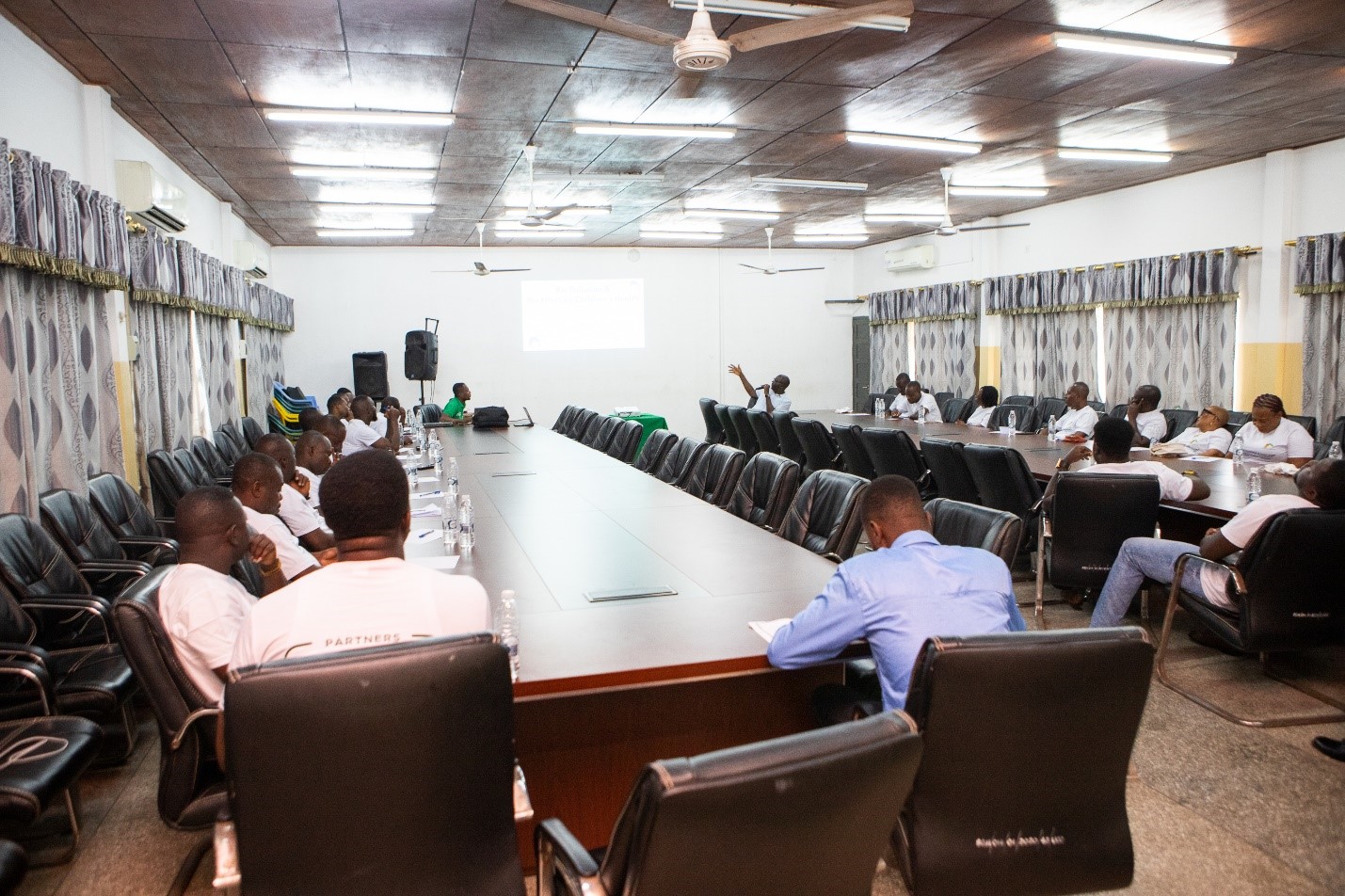Metropolitan, Municipal and District Assemblies (MMDAs) have been urged to make budgetary allocations for air pollution to safeguard public health and the environment.
The move will spare no effort at monitoring air quality in every electoral area in the MMDAs across the country. The Lead Project of the Ghana Urban Air Quality Project (GHAir), Prof. Adeladza Kofi Amegah made the remarks at a two-day boot camp on air pollution mitigation organised under the Ghana Urban Air Project (GHAir) with support from the US Department of State-funded CLEAN AIR AFRICAN NETWORK Project led by Makerere University, Uganda for Assembly members from the Accra Metropolitan Assembly and the La-Nkwantanang-Madina Municipal Assembly.
The boot camp was aimed at raising awareness of air pollution among the Assembly members and soliciting their support in influencing and shaping policies at the assemblies to help improve air quality in their respective electoral areas.
He continued, "You all sit in assembly meetings and I am not sure you pass any budget that has air pollution in there. We want to change the narrative. What we are requesting of you is to support the air pollution agenda so that we can get air pollution to feature in the budget of the assemblies."
Prof. Amegah, who is an Associate Professor of Environmental and Nutritional Epidemiology at the Department of Biomedical Sciences at the University of Cape Coast, highlighted the key sources of air pollution in the Greater Accra Metropolitan Area (GAMA) as transportation/vehicular traffic, open waste burning, and burning of firewood and charcoal for cooking, as well as industrial pollution.
Prof. Amegah (hand raised) taking the participants through a presentation at the boot camp
He said the Project had real-time data on the levels of pollution in GAMA through their over 65 low-cost air sensors which the Assembly members could leverage to make convincing arguments at assembly meetings on the need to incorporate air pollution in the annual budgets of the assemblies.
According to him, the country had laws and regulations on managing air quality, but enforcement was lacking. He pointed out that street hawkers and traffic police officers were exposed to air pollutants emanating from the vehicles. He, therefore, enjoined street hawkers and traffic police officers to wear nose masks to prevent air pollution-related diseases.
Prof. Amegah, however, admitted that hordes of street hawkers were breadwinners of their families and had no better option than to engage in street hawking business.
He, therefore, called for improved nutrition such as the consumption of selenium, vitamin C, E and D-rich foods such as fruits and vegetables, and healthy fats to help mitigate air pollution health effects among street hawkers and other groups vulnerable to air pollution exposure.
"While we want to remove the hawkers from the streets, we need to find alternative livelihoods for them. So, we are trying to find nutritional intervention that can reduce the health effects as a result of air pollution exposure," he added.
Prof. Amegah, who is the Head of the Department of Biomedical Sciences at UCC, also recommended Ghanaians to engage in activities such as walking and cycling which not only are part of efforts to combat air pollution but also have public health co-benefit of improved cardiovascular health.
He announced that plans were afoot for the Project to develop a Mobile App to monitor the air quality in the MMDAs.
For his part, the Assembly member for Madina Zongo, Mohammed Cisse, speaking to the press after the event used the opportunity to thank the GHAir Project for the boot camp and promised that the Assembly members would use their good offices to prevail on their Chief Executives to buy into the idea of including air pollution in the budgets of the assemblies.
He added that the time was ripe for Assembly members to leverage digitisation to fight air pollution in their electoral areas and described the soon-to-be-launched Mobile App by the GHAir Project as timely as it would be a boon to check air quality in their assemblies.
Source: Documentation and Information Section-UCC


